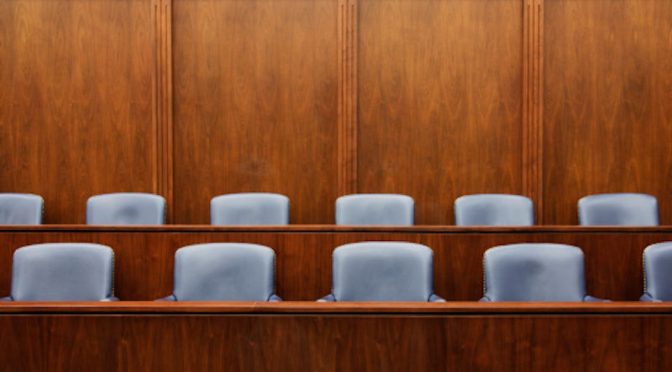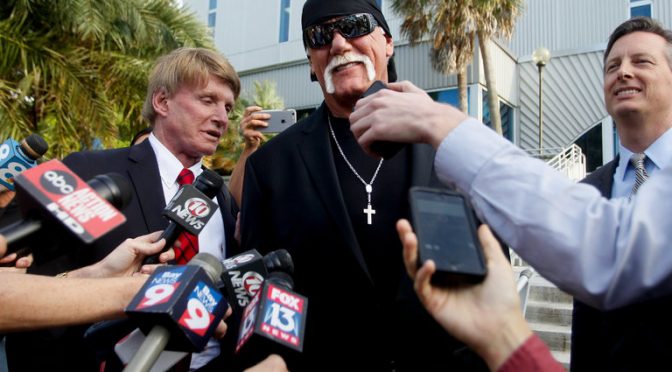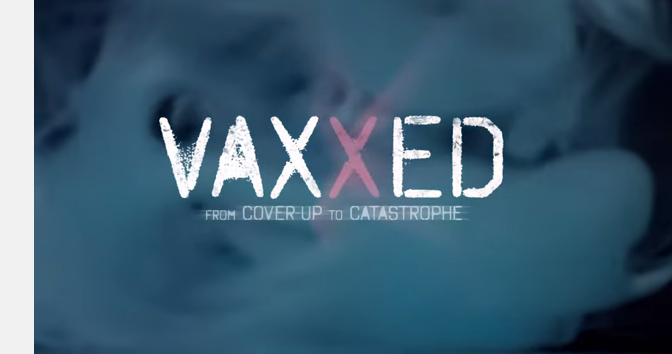By MICHAEL CIEPLY
Sourced From – http://www.nytimes.com/2016/05/30/business/media/gawker-case-calls-attention-to-a-go-to-hollywood-lawyer.html?_r=0
LOS ANGELES — In Hollywood, everyone knows the go-to lawyers.
For divorce, there’s Laura Wasser, now representing Johnny Depp in his split with Amber Heard.
For a potential criminal charge, think Blair Berk, who helped Caitlyn Jenner avoid one after a traffic accident in which one person died, or Thomas Mesereau, who got Michael Jackson acquitted.
And if it just seems to be a workaday violation of a famous person’s rights, like slapping Reese Witherspoon’s name on jewelry without her permission? That was the sort of case Charles J. Harder was known for — until now.
Mr. Harder and his boutique Hollywood firm, Harder, Mirell & Abrams, are suddenly in the limelight. Last week it was revealed that their legal victory for the former professional wrestler Hulk Hogan, in his suit against Gawker Media over publication of a sex video, was secretly underwritten by the Silicon Valley billionaire Peter Thiel. Hulk Hogan, whose real name is Terry Gene Bollea, was awarded $140 million.
Mr. Thiel, a PayPal founder, had a longstanding dispute with Gawker, which published an article in 2007 saying he was gay.
The case, and Mr. Thiel’s place in it, have sent a shudder through many in the news media. At issue is whether Mr. Thiel’s role in the case will motivate other wealthy and powerful people to settle scores by giving money to litigants whose causes they support.
(The Gawker case is likely to continue with appeals, and a June 10 hearing into matters that are still pending.)
A smaller question, but almost as fascinating in Los Angeles legal circles, is this: How did Mr. Harder, a 46-year-old Beverly Hills lawyer who has specialized in protecting stars from having their rights infringed upon by retailers and marketers, wind up in the middle of this free speech fight?
Mr. Harder would not comment for this article. But a close look at his résumé, and conversations with people familiar with his background, who spoke on the condition of anonymity because of confidentiality strictures, suggest that Mr. Harder’s emergence as a power player happened as most things do in Hollywood. That is, through a combination of grit, talent, shrewd calculation — and knowing the right people.
Mr. Harder’s growing connections with celebrities, their representatives and well-heeled entrepreneurs was clearly rooted in a legal action filed in 2009 in state and federal courts here.
In those interrelated cases, Mr. Harder represented six famous actresses — Sandra Bullock, Michelle Pfeiffer, Cameron Diaz, Mandy Moore, Kate Hudson and Diane Keaton — against a group of computer retailers and other companies accused of a somewhat mundane violation. The actresses’ images appeared in catalogs and on websites, on the screens of various devices offered for sale.
After working its way through the courts and mediation, that dispute ended in confidential settlements and dismissal. For Mr. Harder, the outcome was successful enough to set a pattern for succeeding cases that found him and his colleagues, in quick succession, filing various privacy rights claims for a growing client list that included George Clooney, Julia Roberts, Bradley Cooper, Liam Neeson, Jude Law, Halle Berry, Tyra Banks, Clint Eastwood and Ms. Witherspoon.
The claims and the outcomes — settlements, rather than trials — were often similar. In one departure, Mr. Harder in 2011 fought all the way through trial to a $15 million verdict for the producer Vittorio Cecchi Gori in a complicated dispute with a former colleague, Gianni Nunnari, over rights in films that included “300,” “The Departed” and “Shutter Island.”
At least once before, Mr. Harder has tangled with Gawker, in 2012 on behalf of Lena Dunham. He demanded that the site take down a posting of Ms. Dunham’s book proposal, which it largely did, though it continued to display fragments and commentary.
In early October 2012, Gawker refused a demand by Mr. Bollea’s longtime lawyer, David Houston, that it remove the sex video from its site. Mr. Harder — then at the firm Wolf, Rifkin, Shapiro, Schulman & Rabkin — was retained and quickly filed suit.
Whether Mr. Thiel had assured funding at that point is unclear. But Mr. Harder and his colleagues were confident enough of their footing to start their own firm the following January, taking Mr. Bollea and other clients with them.
During the Gawker trial, Mr. Harder, though lead counsel, played a relatively small role in the handling of witnesses, who were often questioned by others. But he currently represents clients in two additional suits against Gawker. One was filed this month in a Boston federal court by Shiva Ayyadurai, who claims he invented email, and another was filed in January in a Manhattan federal court by Ashley Terrill, a journalist. It is not known if Mr. Thiel has played any role in supporting those suits.
Harder, Mirell & Abrams currently has its offices in a small, fashionable building adjoining the Beverly Wilshire Hotel on Rodeo Drive. It is near the Century City quarters of much larger law firms like Ziffren Brittenham and Jackoway Tyerman, and talent representatives like the Creative Artists Agency.
It is also a short drive from the San Fernando Valley, where Mr. Harder grew up. He attended Montclair College Preparatory School, now closed, in Van Nuys, and did his undergraduate work at the University of California, Santa Cruz.
After receiving a law degree from Loyola Law School in Los Angeles, Mr. Harder clerked briefly for Judge A. Andrew Hauk, who was then at the United States District Court for the Central District of California in Los Angeles.
Mr. Harder then spent about a year with the Lavely & Singer law firm. The firm and its principal partners, John H. Lavely Jr. and Martin D. Singer, are known as fierce defenders of prominent celebrities like Arnold Schwarzenegger and Sylvester Stallone.
But Mr. Harder did little trial work for the firm, either then or during a second stint at Lavely & Singer. In between, he worked for a web company, Load Media Network.
In 2001, a case he was working on received attention in The New York Times. His client, Wendy Withers, was told not to report to work at a financially troubled New York ad agency after having left her previous job.
It was a modest claim, and — unlike the Hulk Hogan case, with its huge award — it was settled. Ms. Withers collected two months’ pay.





